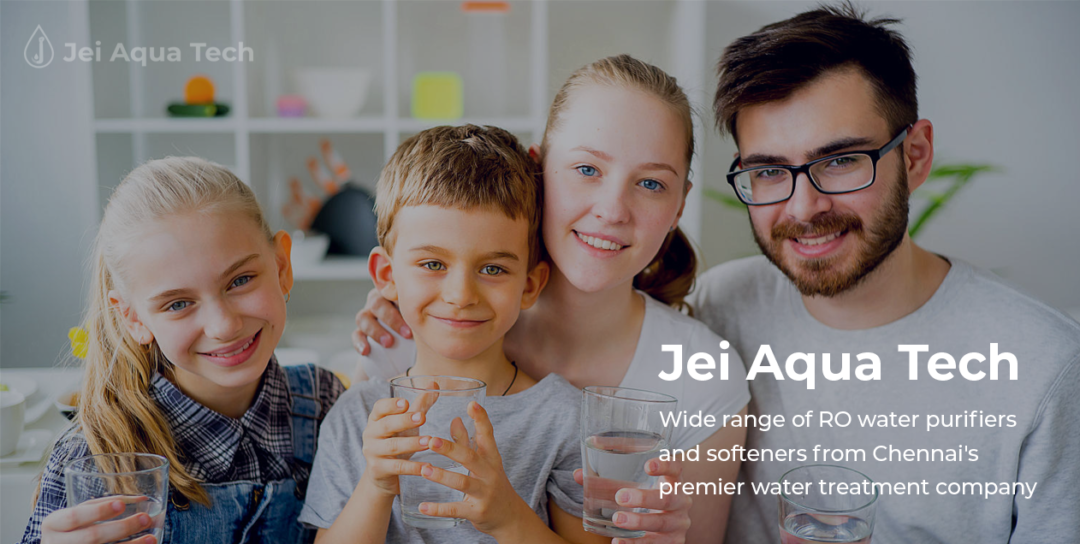
How to Choose a Buy Water Purifier for Home
Understanding the role of pure water, the next decision comes in choosing the water purifier. In today’s time, water is excessively contaminated which could deteriorate our health due to impurities like lead, copper, mercury, arsenic, volatile, insecticides, pesticides, viruses, fungi, and parasites. In humans, around 85% of diseases occur due to water contamination. Therefore, using water purifiers in homes is the most essential and modern water purifying technique.
You may speak with authorized water purifier dealers in cities like Chennai, Bangalore, and Hyderabad to pick a water purifier for a house. After contacting them, be sure to include your needs, preferences, and financial constraints to receive the finest solution.
What is purified water?
Purified water is filtered water that undergoes the filtration process to remove the impurities and all the contaminants. Thus, drinking water becomes safe and healthy for consumption. In the process of purification the following impurities are removed:-
Bacteria
Parasites
Algae
Fungi
Chemical pollutants
Thereby, purified Water is the processed water with no contaminants and becomes safe for human consumption. Purification of water also removes the unpleasant taste from the water making it fresh and pure-tasting water.
What is an RO water purifier?
Reserve Osmosis (RO) is the purification process that removes harmful particles and unwanted molecules from the drinking water making it safe for human consumption. Thus, RO water purifier removes contaminants from the unfiltered water when pressure forces it through a semipermeable membrane and the water is used to flow from the more concentrated side (more polluted) to the less concentrated side (fewer pollutants) to provide clean drinking water.
What is TDS in a water purifier?
Total dissolved solids (TDS) is the concentration of dissolved particles in the water. TDS consists of inorganic salts including, sulfates, bicarbonates, calcium, chlorides, and many more. TDS is used to impact the salinity of the water. The higher the TDS level of water, the more saline or salty the water is, which could not be simply consumed without purification. If the TDS of water is between 50-150,the water is excellent for drinking.
What is UV in a water purifier?
Ultraviolet (UV) water purification is the most effective method for disinfecting water as UV rays invade harmful pathogens and demolish illness-causing microorganisms. In disinfecting the water of your homes, UV systems play a vital role as it destroys 99.99% of harmful microorganisms. It is a simple, effective and environment-friendly technique to disinfect the water without adding chemicals or changing the taste of the water.
A simple guide for choosing the best water purifier for your home
PURIFICATION TECHNOLOGY
Depending on the quality of water, you can choose a range of water purifiers. RO works best if the TDS level of water is more than 500ppm and if TDS is less than 200ppm, you may go for Pureit Mineral RO+UV device.
WATER-QUALITY CHECK
You must identify the source of your tap water and get its salinity, hardness and TDS tested. If TDS is under 500ppm, the water is palatable. Contrarily, if the TDS is beyond 1000ppm, the water is perilous.
STORAGE CAPACITY
Analyze the daily water consumption of your family and choose the appropriate water purifier with the ideal storage capacity.
ADDITIONAL SAFETY FEATURES
Before choosing the water purifier, look for its functionality. You must make them changed when they expire otherwise you will end up drinking impure water.
SERVICE AND MAINTENANCE
Water in the water purifiers is pure, but various filters need maintenance at regular intervals. So, before purchasing a water purifier, do consider the promptness of service and the overall maintenance cost.
What functions can a water purifier not do?
As if the quality of the filter would be good, it would perform effective and efficient filtration that would make the water safe, clean and odorless.
Do consider your family size before purchasing a water purifier, else it would not function properly as it needs to properly understand the required capacity.
There are some minerals in water that are found naturally and are important for consumption but if taken in an excessive amount it may cause lot many diseases so, you must take care of the features of the purifier to get the pure water.
The cost of installing the water purifier is somewhat high, but if you will consider its benefits, then it is just a one-time investment that will provide you with good health.
When it comes to energy consumption,water purifiers consumes energy in production and operation that means purifiers indirectly contribute to the increased carbon emissions.
